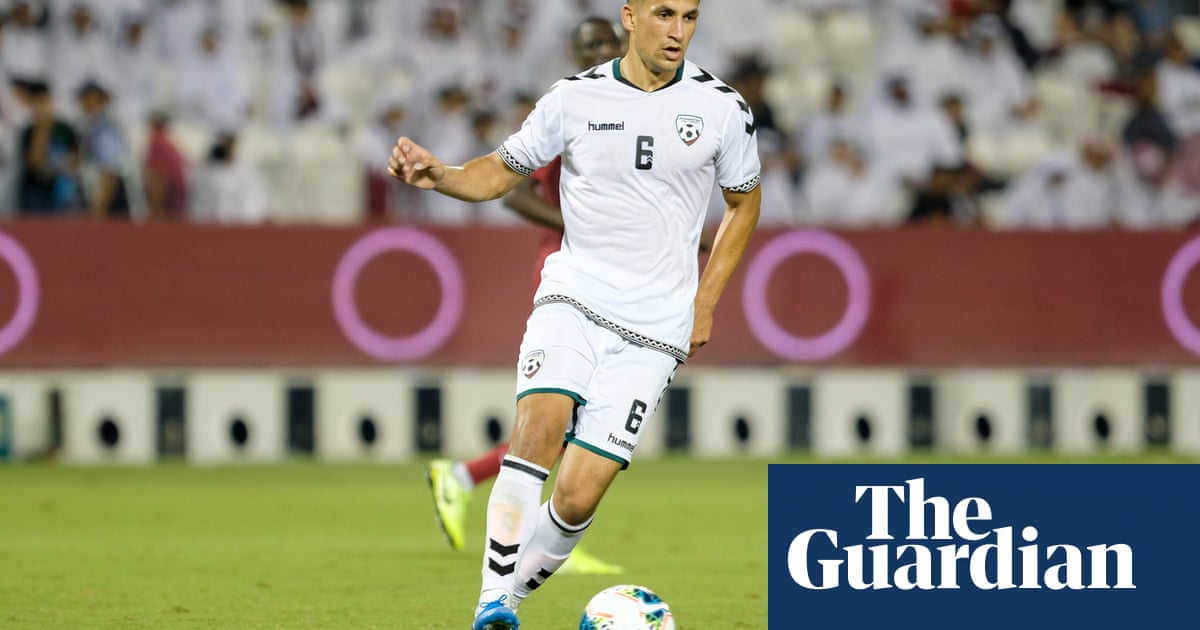
Ian Rush blames it all on Kenny Dalglish. “I didn’t actually say Italy was ‘like living in a foreign country’,” insisted the former Liverpool striker in an interview in 2016. “When he re-signed me, a reporter asked me, ‘Why have you come back?’ Kenny quipped, ‘He said it was like playing in a foreign country’. He’s got a lot to answer for.”
But while Rush would be the first to admit Juventus supporters did not see the best of him during his solitary season in Italy in 1987 as he struggled with a new language and culture, the next generation of young British players are taking the plunge and heading overseas in search of opportunities to play.
Born in Brockley, south London to Ivorian parents, Jonathan Panzo is unlikely to encounter such problems settling in at Monaco. A member of England’s Under-17 side who beat Spain in the World Cup final last year who had been at Chelsea since the age of nine, he was already competent in French before sealing his move to Ligue 1 at the start of July. Panzo, who turns 18 in October, won five trophies in his final season in London – including the club’s fifth successive FA Youth Cup – and will link up with Chelsea’s former technical director Michael Emenalo, who joined Monaco last year weeks after leaving Stamford Bridge.
“At first, everyone was thinking that it was because of Michael that he signed for Monaco but they have been following Jonathan closely for two or three years,” says Badou Sambagué, the intermediary who worked on Panzo’s move to Monaco.
“They had received a lot of reports and had already tried to sign him but Chelsea were not keen to sell. In December, we had interest from Juventus, Borussia Mönchengladbach, Valencia and Monaco and eventually decided he would leave at the end of the season. But Chelsea know he can have time to grow and said there could still be a place for him back there in the future.”
After England’s Under-20 side were also crowned world champions last year and with Panzo’s international teammate Jadon Sancho thriving at Borussia Dortmund after leaving Manchester City, young British players have never been so in demand. In June, 16-year-old Noni Madueke signed for PSV Eindhoven from Tottenham having rejected a professional contract with Manchester United. The playmaker made his debut in the Uefa Youth League last season for Spurs and has starred for England at various youth levels, making his decision to leave even more intriguing.
“We are increasingly receiving the signal that English talents are open to a switch to the Netherlands,” said John de Jong, the Dutch champions’ head of scouting at Madueke’s unveiling. “They see the chance of breaking into the first team here at a young age is much greater.”
In 2013, the PSV side who won their first home game of the season 5-0 had a lower average age – 20.35 – than the youth team they put out that weekend. They have since won three Eredivisie titles and sold players worth more than £120m to English clubs, including Memphis Depay to United and Georginio Wijnaldum to Newcastle. It’s a similar story in Germany and France, where under-21 players at Borussia Dortmund, Schalke and Monaco have featured for a higher percentage of minutes than any of their counterparts across Europe’s top five leagues, despite regularly qualifying for the Champions League at the same time.
So while his former teammates anticipate another season of youth team football, Panzo and the former Tottenham striker Reo Griffiths, who became the first English player to sign for Lyon in July after surprisingly rejecting the chance to stay in north London, will initially line up for their clubs’ reserve teams in French football’s fourth tier. “In England, the system means it is difficult to go straight from the reserves into the first team,” says Sambagué, who is a former Mali international.
“Clubs have no time to wait for players to develop and have enough money to go and buy someone instead. In France, they need to give chances to young players so they can transfer them in the future to fund the academies. Coming up against adults in the lower leagues when you are still a teenager is a good way of preparing yourself for a higher level. I played against people like Olivier Giroud and Laurent Koscielny so there are some very good players at that level.”
France’s victory at the World Cup with the second youngest squad in Russia showed they are clearly doing something right. Yet Monaco’s willingness to pay £16m for the 16-year-old Willem Geubbels from Lyon in June and the inflated prices for Ligue 1 players heading to the Premier League in the last transfer window are an indication the market may already be saturated.
The 19-year-old Keanan Bennetts has become the latest English player to try his luck in the Bundesliga. The winger, who has a German mother but grew up in London, also rejected the opportunity to stay at Tottenham to join Mönchengladbach for £2m in the summer. He joins the Dortmund duo Sancho and former City youngster Denzeil Boadu, and Wolfsburg’s Kaylen Hinds, who spent last season on loan to second tier side Greuther Fürth.
“We may see a little bit more of that because our players are as good as anybody in the world,” said the England Under-21 manager, Aidy Boothroyd, last year. “If players get to a ceiling of development and think they can go and play more football somewhere else, it is good for them and should be part of their development.”
If Panzo and Madueke can make their mark, the trickle may soon become a flood.The Guardian Sport












